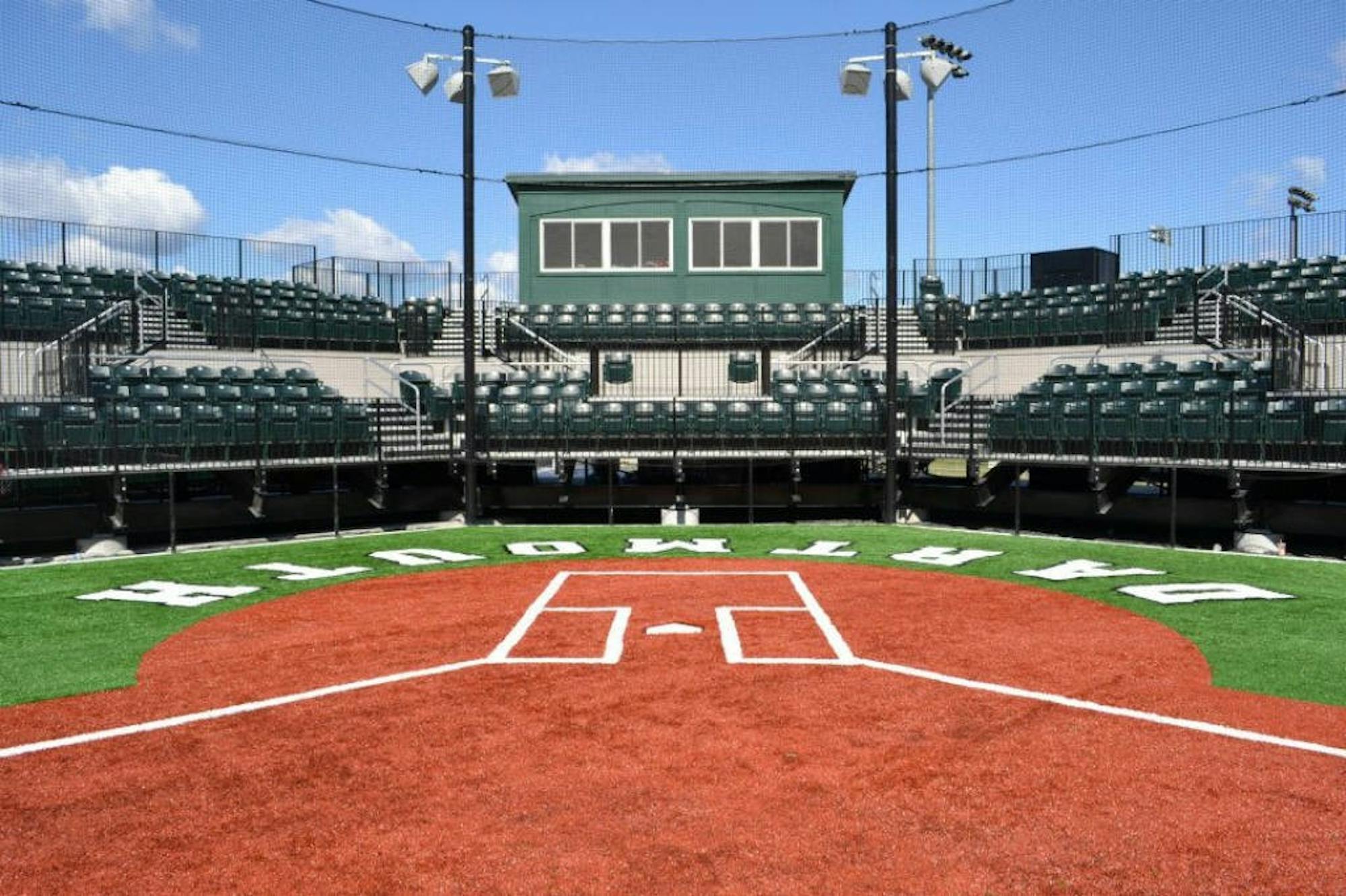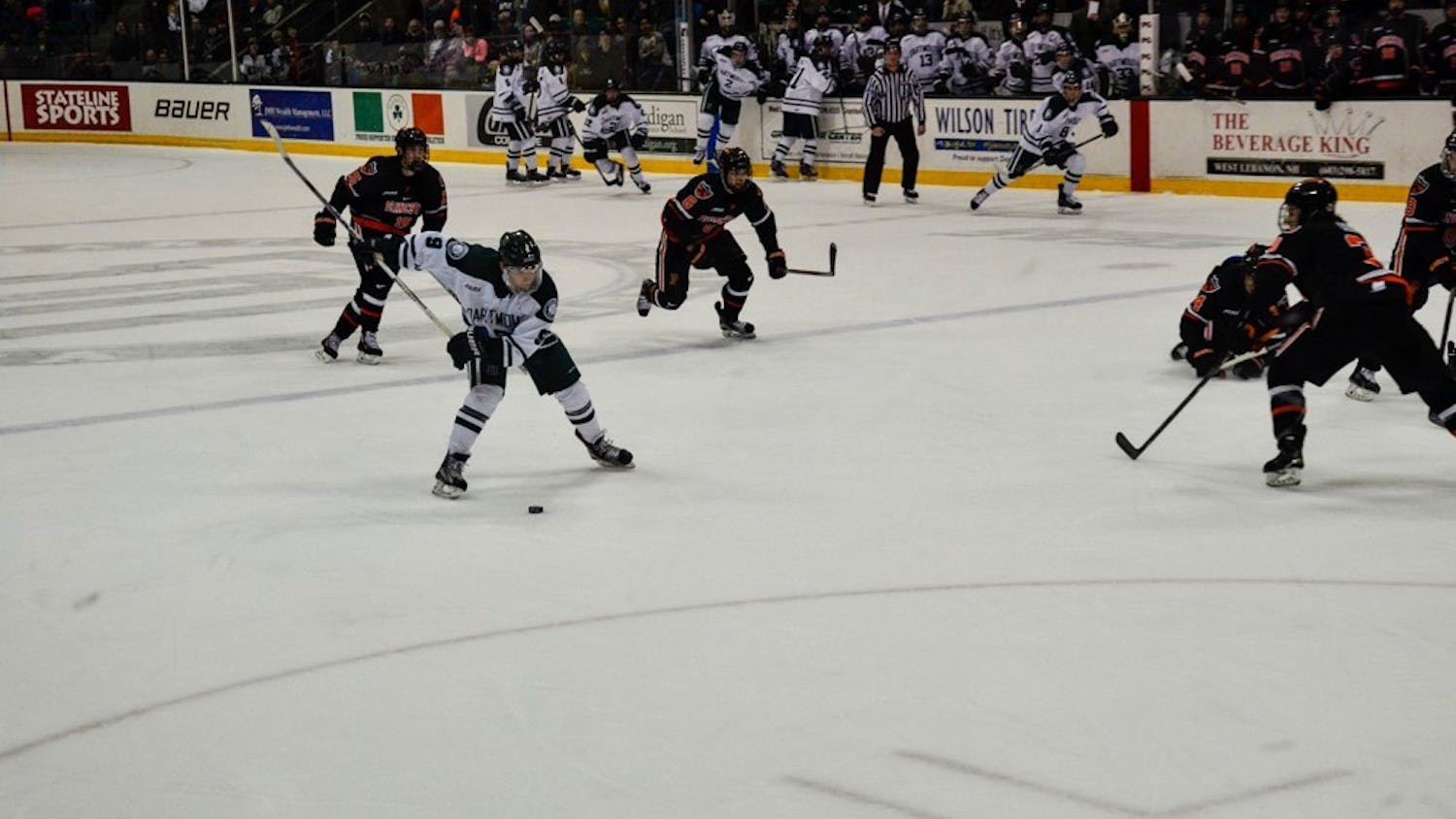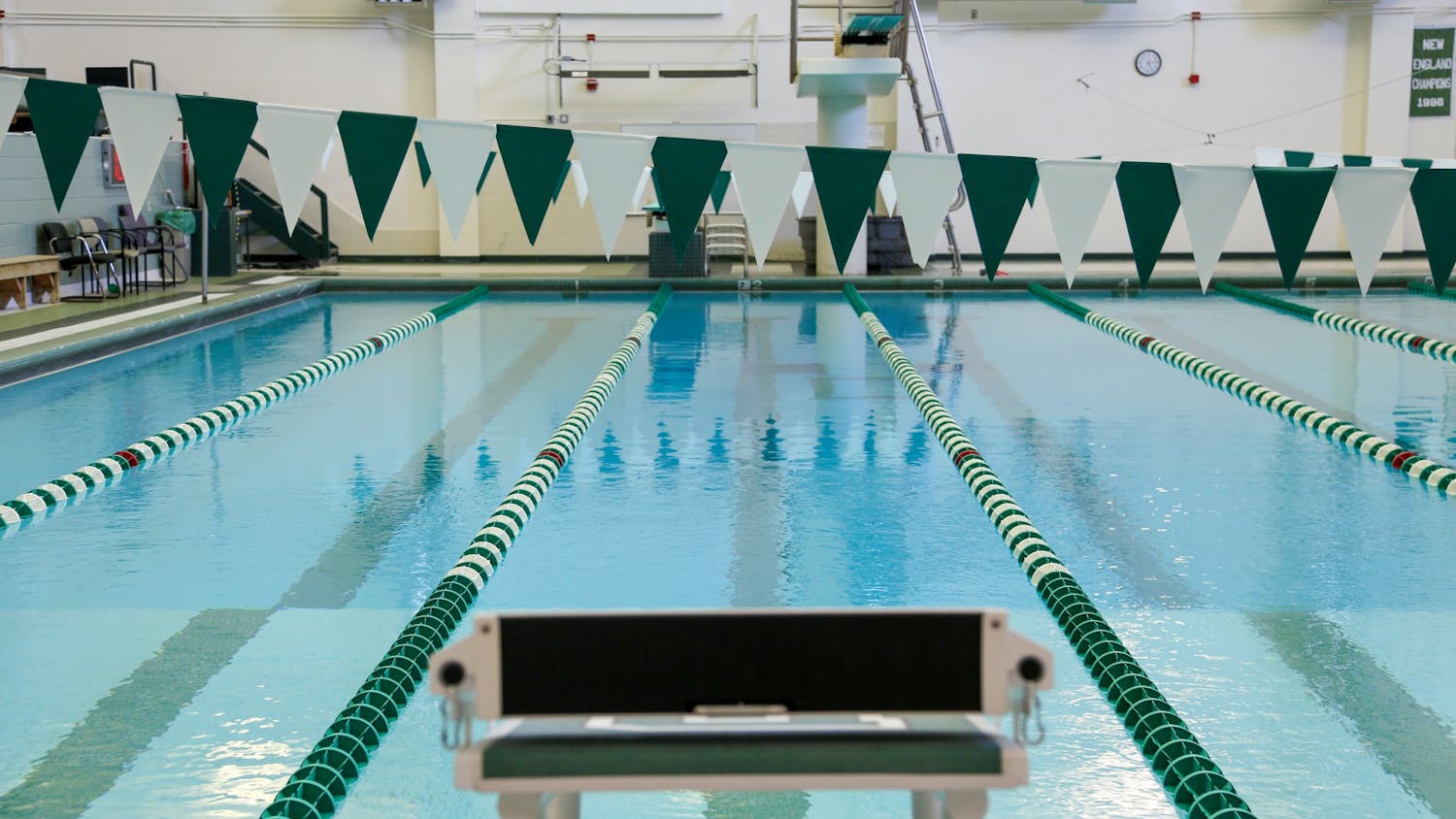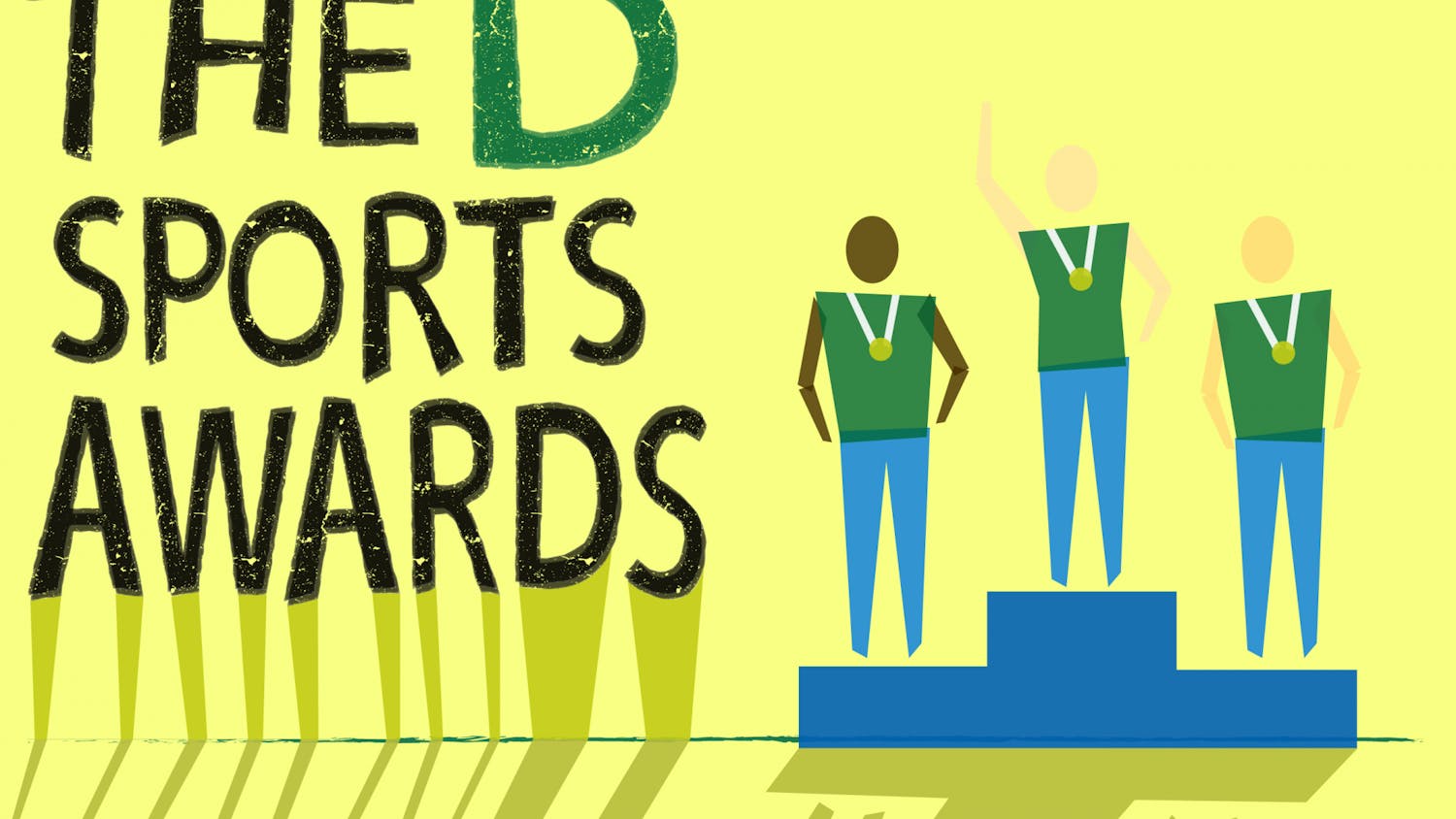Nearly one year ago, on March 10, 2020, the Ivy League Council of Presidents called off the Ivy League men’s and women’s basketball tournaments, marking the first Division I postseason tournament cancellation as national COVID-19 cases surged past 1,000. The following day, the Ivy League became the first conference to cancel all athletic activities through the remainder of the academic year, preceding the NBA’s suspension of its season that night and a flood of professional and collegiate cancellations on March 12.
After a second consecutive cancellation of the Ivy League’s spring season and four seasons without athletic competition, several Dartmouth athletes and coaches recalled the initial shock of last year’s sudden suspensions at the end of last winter.
“We didn’t really have any idea, to be honest,” softball head coach Jen Williams said. “Everything moved so quickly.”
Women’s rowing co-captain Sophie Kamhi ’21 said the March 11 spring sports cancellation was “shocking,” given how little action the country had taken to combat the virus at that point. The U.S. only had approximately 1,200 reported cases by March 11 and did not enter a state of emergency until March 13.
“I didn’t get the sense that there was much concern or warning — until suddenly everything was done,” Kamhi said.
Dartmouth skiers were in an especially precarious situation amid the shutdown of athletic competitions. Several members of the team were competing at the NCAA championships in Bozeman, Montana when the event was suspended — along with all NCAA winter and spring championships — on March 12, two days into the four-day championship.
Dartmouth director of skiing and women’s Nordic skiing head coach Cami Thompson Graves said that since the team was already halfway through the NCAA championships, she did not expect the event to end so abruptly.
“We all just sort of sat around and looked at each other in our ski clothes,” Thompson Graves said. “... Like any of those situations where something major and catastrophic happens, you take some time to process.”
Diver Justin Sodokoff ’21 also had his hopes set on an NCAA championship, after qualifying for the championships just before he received the news that the competition he “worked [his] whole career” for would be canceled.
At the time, however, Sodokoff said he expected to have another shot at the championship this year. Instead, he will have to wait until next year. Sodokoff is trying to stay at Dartmouth under the Ivy League’s temporary rules regarding graduate eligibility extensions.
“The initial shock was that that really sucked,” Sodokoff said. “But at the time, it wasn’t as painful because I knew that if I got here one time, I would have another year to get here again.”
Thompson Graves said that the cancellation last year was especially upsetting for seniors who missed out on their final season at Dartmouth. Kamhi echoed this sentiment.
“It was so devastating to watch the seniors who have gone through a lot on our team,” Kamhi said. “And to watch them lose what they’ve been working for and what we’ve been working for made me not expect anything.”
In the weeks following the winter and spring cancellations, Williams said that communication between the athletics department and its teams was limited. In many cases, athletes and coaches learned about breaking Ivy League sports news from news outlets or campus-wide emails, according to Williams.
“Things were extremely chaotic at that time,” Williams said. “Nobody knew what was going on — nobody knew what was going to happen. Communication was sporadic in general, but that was true across the board, not just for athletics.”
Sodokoff said that though the cancellations were “abrupt,” he understood why the Ivy League took swift action.
“Looking back, everyone was put in a tough situation,” Sodokoff said. “… Some things just need to be said, and no matter what the reaction was, [the College administrators] were put in a position to look after the safety and health of not only the athletes, but [also] everyone, and do what they felt they needed to do.”
In the aftermath of the Ivy League’s March 2020 cancellations and similar announcements over the past year, coaches have had to scramble to make up for lost time and find silver linings.
For example, Thompson Graves said that the ski teams have been able to ski more frequently because they do not need to rest before races. She added that the Nordic skiers have gotten to do more downhill skiing for fun.
Meanwhile, current seniors have had to reckon with their careers being cut short. Although eligibility extensions will allow some athletes to continue competing, others have shifted their focuses toward leaving the future of Dartmouth athletics in good hands.
“It’s not about us anymore,” women’s rowing co-captain Hannah Frater ’21 said. “Our time has passed. It's about the younger kids, and I’m excited to see what they do with their time.”




